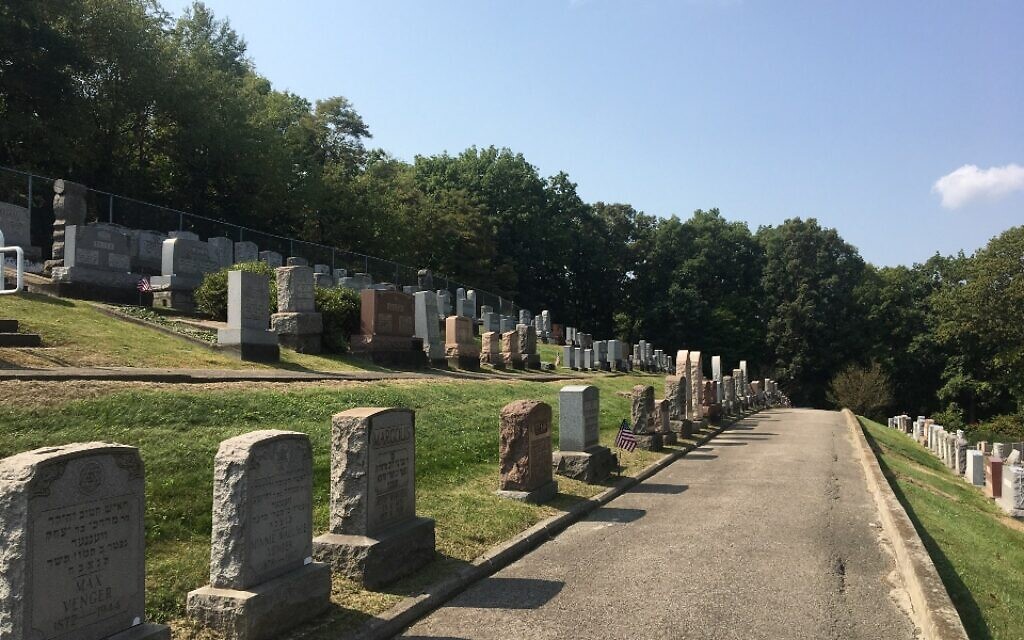The question of where to be buried
Even in our final resting place, we should be together as a family, as a community.
Published by the Pittsburgh Jewish Chronicle
By RABBI ELI SEIDMAN and BARRY RUDEL March 30, 2023

Why do we choose to be buried in Jewish cemeteries? In a word: tradition.
We live and pray in community. We celebrate and mourn in community. No Jewish person is an “island unto him or herself.” Even in our final resting place, we should be together as a family, as a community.
Many people say that the only place they would consider being buried is in a Jewish cemetery or Jewish section. For them, it’s the concept of “kever avot,” that family members are buried in close proximity to each other.
Many want the location to be one of intimacy, of recognizability. People care for family plots with reverence, knowing that the area they visit and support will be their own final resting place as well.
The purpose of burial is to conform to the verse “for dust thou art and to dust thou shalt return” (Gen. 3:19). In Hebrew, a cemetery is called “bet hayyim” (house or garden of life) or “bet olam” (house of eternity), and is traditionally considered a holy place more sacred even than a synagogue. The Talmudic saying “Jewish gravestones are fairer than royal palaces” reflects the care that should be given to Jewish graves and cemeteries. Showing proper respect for the dead is intrinsic to Jewish law — and this is important and comforting to all Jews.
Traditional Jews are buried only in Jewish cemeteries, and ideally among family. Jewish custom considers it a matter of great importance that only other Jews handle the body of a deceased Jew, move the casket, place it in the ground and fill in the grave. The traditions were (and are) striking, more for their variation than for their uniformity, and vary from community to community. All are rooted in our operative principle of Kavod Ha’Met, honor for the deceased.
Just as the percentage of Jews who attend a seder is considerably greater than the percentage of those who affiliate with a congregation, the number of Jews choosing to be buried in a Jewish cemetery — even those Jews who are unaffiliated or not otherwise connected Jewishly — is high. For many Jews who only manifest their Judaism formally in this singular way, being buried in a Jewish cemetery still resonates throughout the generations. People wish to be with family… or their families wish for their loved ones to be in “Jewish ground.”
We choose to be buried in a Jewish cemetery because that is where we are comfortable.
Many of our customs go back thousands of years. Being a people steeped in history, these traditions are never more evident than at the cemeteries, our museums of memory. They speak to family connectedness, even as subsequent generations may not be as observant, but still wish to be linked with the mishpocha eternally.
Tradition. PJC
Rabbi Eli Seidman is a friend to the Jewish Cemetery and Burial Association of Greater Pittsburgh. Barry Rudel is executive director of the JCBA
